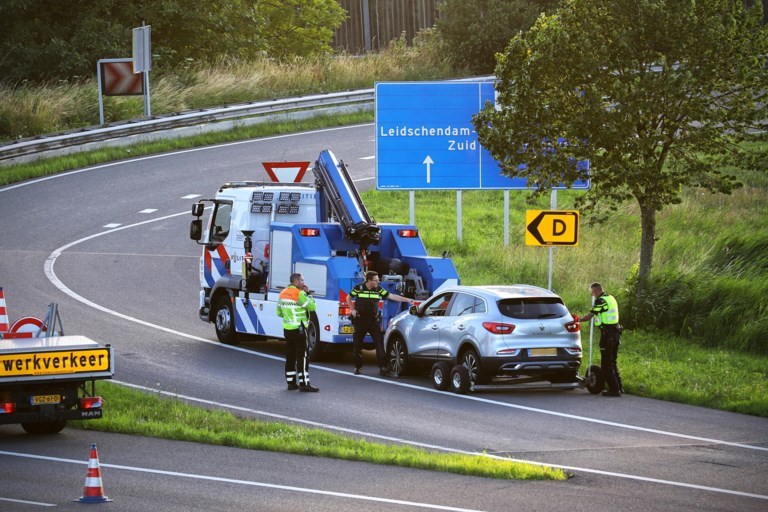The number of politicians, magistrates and journalists under police protection has doubled in the last three years, according to an investigation by De Standaard.
The subject has come into the news this week after the attempt on the life of Dutch investigative journalist Peter R. de Vries in Amsterdam. De Vries was shot fine times, and is still in critical condition in hospital.
The man had made a lot of enemies in his career, but on this occasion he had agreed to receive messages from a key witness in the case against the boss of a powerful Dutch-Moroccan drugs gang who have already killed to people close to the witness, including his lawyer.
The question arose: way was someone in the exposed position of de Vries not under police protection? If members of the public were able to identify him on the street, what was to stop a would-be assassin from walking up and gunning him down?
In the event, nothing.
According to De Standaard, reporting figures from the Crisis Centre, there were 35 cases in 2017 of people under threat because of their position. By 2020 that number had risen to 74. And already this year, 65 cases have been opened.
Among those concerned are politicians, police officers, lawyers and judges, but also several journalists. None of the names are being revealed for obvious reasons. In many cases, however, one might hazard a guess.
"What happened on Tuesday in the Netherlands does not surprise me at all. People really have no idea how violent organised crime has become," federal prosecutor Frédéric Van Leeuw told the paper.
Van Leeuw knows what he is talking about; he himself is under permanent protection for years.
“Three years ago we went to Brazil to talk about the cocaine traffic. There they showed us the extreme violence drug criminals are capable of. In the meantime, in our investigations into the encrypted communications of Sky ECC and Encrochat, we have also seen first-hand how violent things are in the drug world. The extreme violence has now arrived at us.”
In the end, the situation becomes so grave that murder is no longer necessary: the threat alone becomes just as effective. For example, the number of defence lawyers who refuse to represent suspects who become informers – the object of every drugs investigation being to use the small fry to reach the larger fry and so on.
“I was recently at a discussion at university. A lawyer said openly that he would never advise his client to become a state’s witness. Why? He had also seen what happened to lawyer Derk Wiersum in the Netherlands, who had defended an informer.”
Wiersum was shot dead in Amsterdam in 2019, at a time when he was lawyer for a state’s witness in the so-called Marengo case against gang leader Ridouan Taghi.
Taghi is also the lead suspect in the case where de Vries’ contact is a key witness.
According to Van Leeuw, Belgium need not think it can take refuge behind the non-existent border between the two low countries. The problem will come here, as Antwerp mayor Bart De Wever, a man with his own experience of police protection, recently said – if it has not already.
“We need to rethink our entire safety culture. If we place ten people under protection at the same time in our country today, the entire service will be on its uppers. In the Netherlands they are much more advanced in this respect. The facts forced them to do so. But we don't have to wait until it's too late.”

